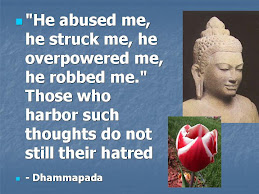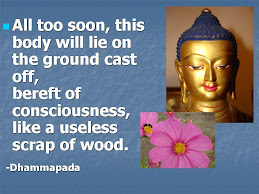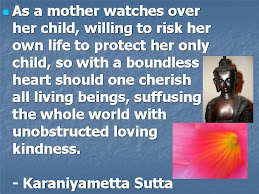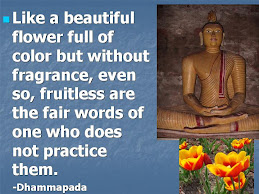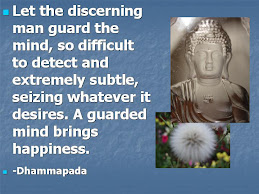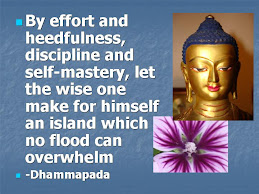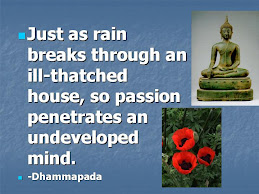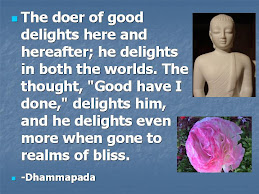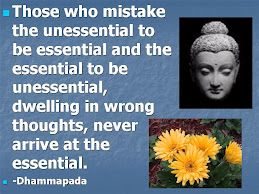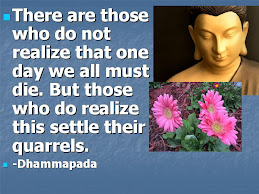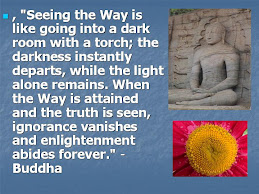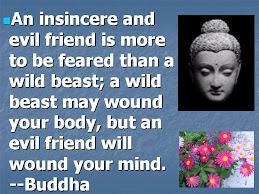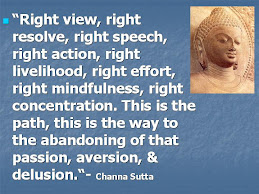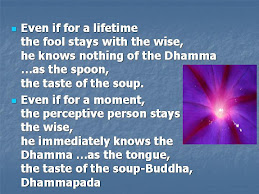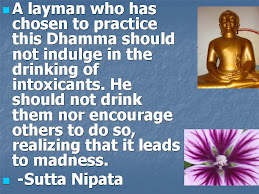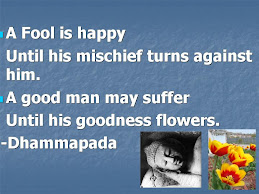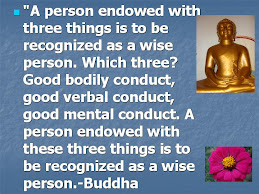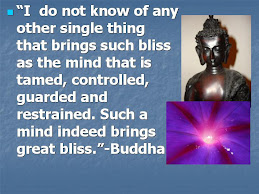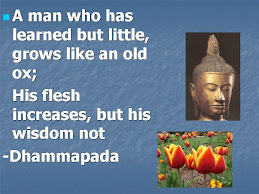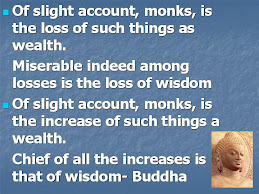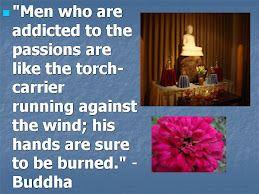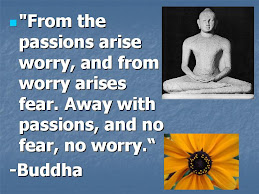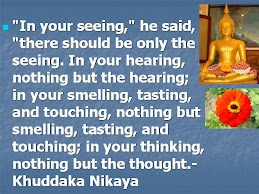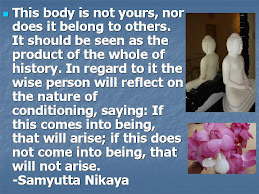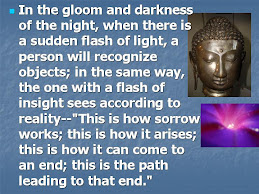On one occasion the Blessed One was staying near Varanasi in the Deer Park at Isipatana. There he addressed the monks: "Monks!"
"Yes, lord," the monks responded.
The Blessed One said: "Once, monks, there was a king named Pacetana. One day King Pacetana said to his chariot maker, 'My good chariot maker, in six months time from now a battle will take place. Can you make me a new pair of chariot wheels?'
"'Yes, your majesty, I can,' the chariot maker replied to the king.
"Then in six months minus six days the chariot maker finished one wheel. King Pacetana said to him, 'In six days time from now the battle will take place. Will the pair of chariot wheels be finished?'
"'Your majesty, in these six months minus six days, I have finished one wheel.'
"'But can you finish the second wheel in these six days?'
"'Yes, your majesty, I can,' the chariot maker replied to the king.
"Then, after finishing the second wheel in six days, the chariot maker took the pair of wheels to the king and, on arrival, said to him, 'Here is your new pair of chariot wheels all finished, your majesty.'
"'And what is the difference between your wheel that took six months minus six days to finish, and your wheel that took six days to finish? I don't see any difference between them at all.'
"'There is a difference between them, your majesty. Look at the difference.' Then the chariot maker took the chariot wheel finished in six days and set it rolling. Going as far as its momentum carried it, it twirled around and around and fell to the ground. But then he took the chariot wheel finished in six months minus six days to finish and set it rolling. Going as far as its momentum carried it, it stood still as if fixed on an axle.
"'Now what is the reason, my good chariot maker, what is the cause, why the chariot wheel finished in six days, when set rolling, goes as far as its momentum carries it and then, twirling around and around, falls to the ground? And what is the reason, what is the cause, why the chariot wheel finished in six months minus six days, when set rolling, goes as far as its momentum carries it and then stands still as if fixed on an axle?'
"'Your majesty, as for the wheel finished in six days, its rim is crooked, with faults & flaws. Its spokes are crooked, with faults & flaws. Its hub is crooked, with faults & flaws. Because its rim... spokes... [&] hub are crooked, with faults & flaws, when set rolling it goes as far as its momentum carries it and then, twirling around and around, falls to the ground. But as for the wheel finished in six months minus six days, its rim is not crooked, with no faults or flaws. Its spokes are not crooked, with no faults or flaws. Its hub is not crooked, with no faults or flaws. Because its rim... spokes... [&] hub are not crooked, with no faults or flaws, when set rolling it goes as far as its momentum carries it and then stands still as if fixed on an axle.'
"Now, monks, the thought may occur to you that the chariot maker on that occasion was someone else, but it shouldn't be seen in that way. I myself was the chariot maker on that occasion. I was skilled in dealing with the crookedness, the faults, the flaws of wood. Now I am a worthy one, rightly self-awakened, skilled in dealing with the crookedness, faults, & flaws of bodily action; skilled in dealing with the crookedness, faults, & flaws of verbal action; skilled in dealing with the crookedness, faults, & flaws of mental action.
"Any monk or nun in whom the crookedness, faults, & flaws of bodily action are not abandoned; the crookedness, faults, & flaws of verbal action are not abandoned; the crookedness, faults, & flaws of mental action are not abandoned has fallen away from this Dhamma & Discipline, just like the wheel finished in six days. But any monk or nun in whom the crookedness, faults, & flaws of bodily action are abandoned; the crookedness, faults, & flaws of verbal action are abandoned; the crookedness, faults, & flaws of mental action are abandoned stands firm in this Dhamma & Discipline, just like the wheel finished in six months minus six days.
"Thus you should train yourselves: 'We will abandon crookedness, faults, & flaws in bodily action. We will abandon crookedness, faults, & flaws in verbal action. We will abandon crookedness, faults, & flaws in mental action.' That's how you should train yourselves."































































